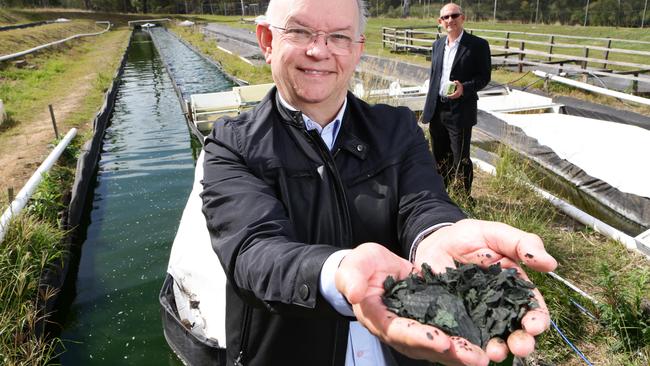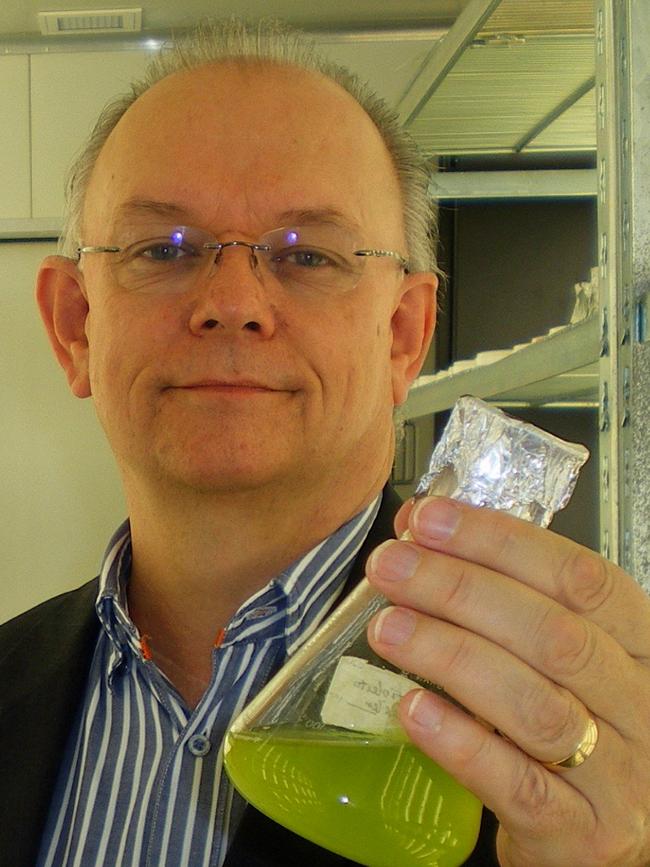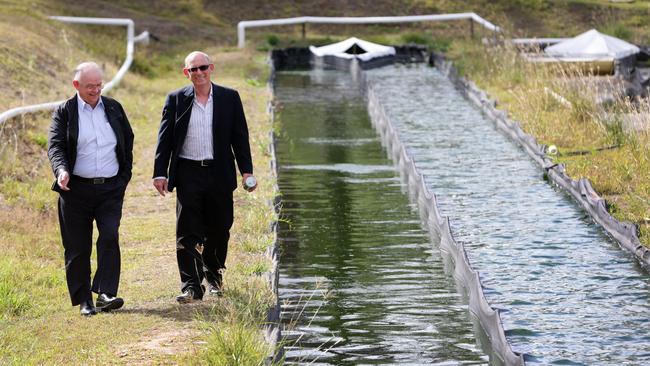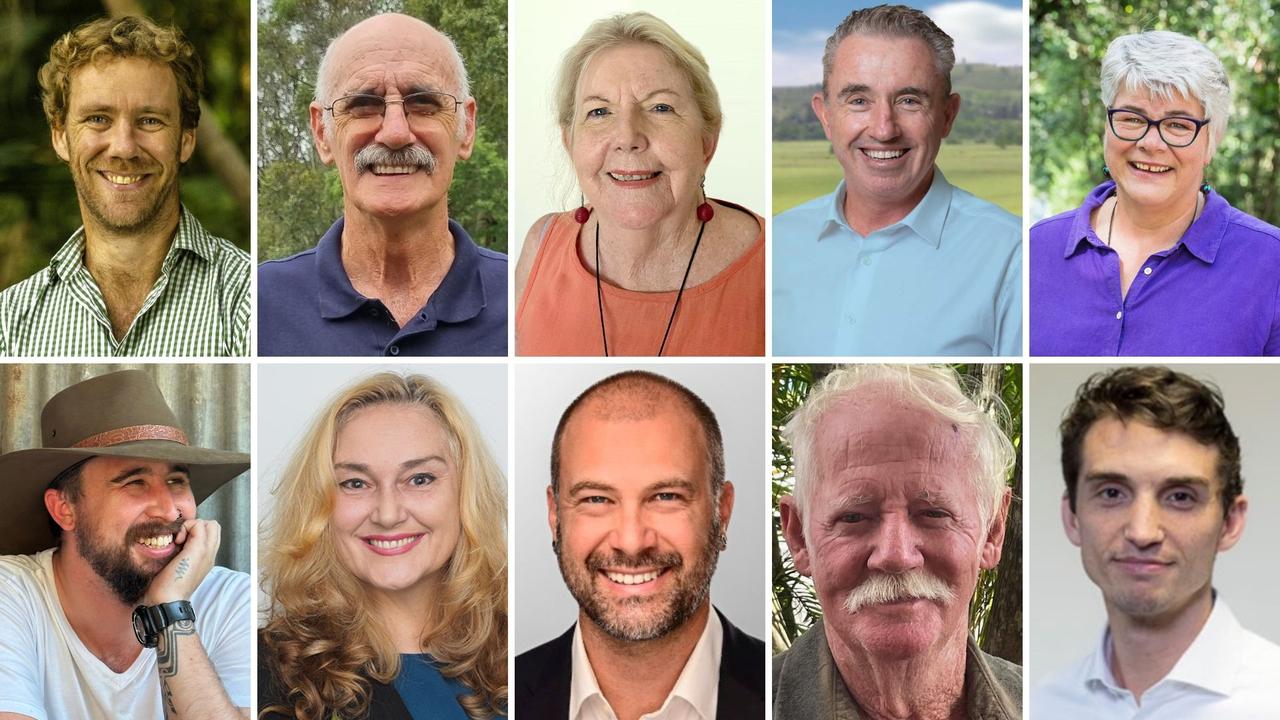Ballina identified as the preferred location for a $270M algae research centre
Ballina is the “Goldilocks zone” for growing algae, making it the preferred place to build a new research centre to explore its use in food, pharmaceutical, and agricultural products.

Lismore
Don't miss out on the headlines from Lismore. Followed categories will be added to My News.
Ballina has been identified as the “Goldilocks zone” for growing algae, and a plan to set up an algae farm on the Richmond River, first touted in 2019, was now one step closer to becoming a reality after a Federal Government announcement on Wednesday.
The town has been identified as the preferred location for a $270 million research centre to expand on the use of marine microalgae as the source of high-value food, pharmaceutical, and agricultural products.
Brisbane-based Qponics Limited has pioneered production of marine microalgae and will be an industry partner in the Marine Bioproducts Cooperative Research Centre (MB-CRC), to be funded by the Department of Industry Science and Technology.

Qponics’ CEO and managing director, Dr Graeme Barnett, said their marine microalgae farming process was designed to be built adjacent to a tidal river to access brackish water, with no requirement for rainfall or irrigation, therefore it was a droughtproof form of agriculture.
He said a pilot marine microalgae farm in Brisbane, a partnership between Qponics and the University of Queensland, demonstrated at small-scale how Australia’s emerging marine bioproducts sector could be transformed into a globally competitive multi-billion dollar industry.
Dr Barnett said he looked forward to continuing working closely with UQ and other research partners in the MB-CRC to select new species of Australian marine microalgae held in their collections to accelerate the development of new marine bioproducts sought after by local and overseas pharmaceutical, nutraceutical and food companies.
“Productivity of marine microalgae cultivation in shallow outdoor raceway ponds at the Brisbane demonstration farm exceeded expectations, which led Qponics to refer to the central eastern coastal region of Australia as a “Goldilocks zone” for outdoor raceway pond farming,” Dr Barnett said.
“This is because the summers are not excessively hot and the winters are warm, with plentiful flat, near-urban agricultural land adjacent to a salty tidal river.
“This led us to announce plans to build a commercial-scale marine microalgae farm near Ballina in NSW, subject to funds.”

Protein products made from marine microalgae were calculated to be about 1000 times more sustainable than farming cattle and about up to 70 times that of farming soybeans and chickpeas.
And this, Professor Peer Schenk, Head of the UQ’s Algae Biotechnology Group, said was vital to feeding future populations.
“By 2050, the world’s population is expected to reach 9.8 billion, consuming 50 per cent more protein than is available now.
“Grazing and arable land are insufficient to meet future global demand for protein produced from livestock and crops, and climate change impacts on agriculture are predicted to exacerbate the looming global protein deficit,” Professor Schenk said.
“Qponics’ protein-rich product has the full complement of essential amino acids, therefore is a “complete” protein, highly suitable as an alternative protein food ingredient.”
The next step was to continue discussions with Ballina Shire Council to identify a suitable location for the proposed centre.
In 2019, it was estimated the project would create up to 100 jobs.


